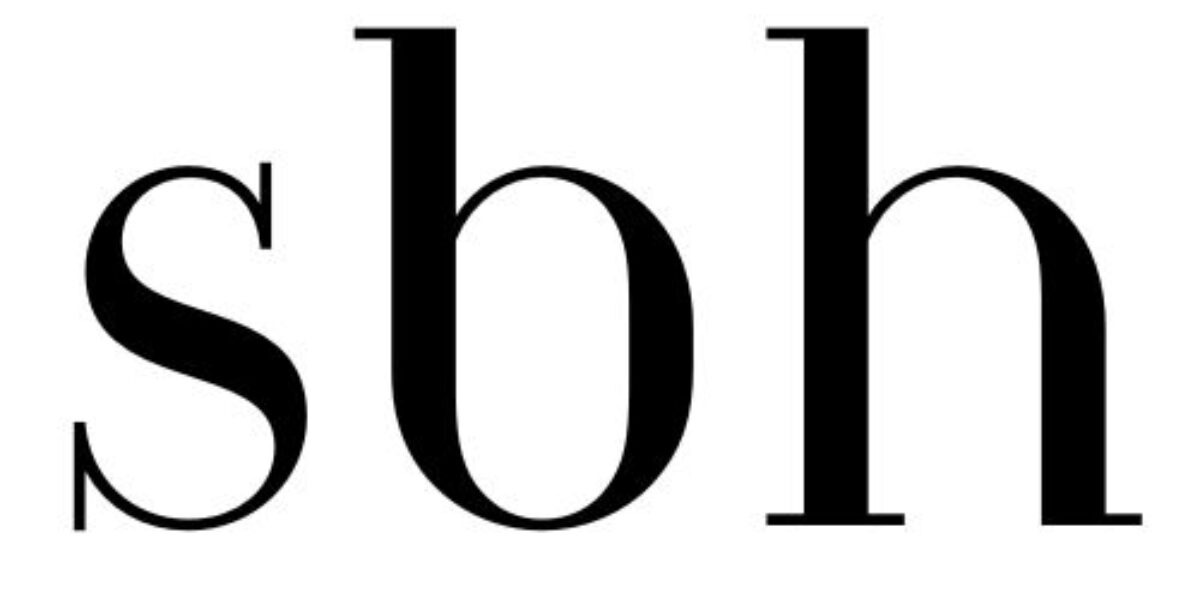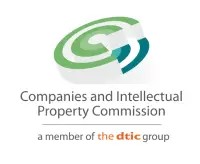Two important organisations in South Africa when it comes to registering and tax matters are
Getting your taxes sorted as a small business doesn’t have to be overwhelming. Over the past few years, the process has become much simpler. A tax year is calculated from the 1st March in one yeat to the 28th February in he following year. The SARS website has detailed information, specifically for small businesses, about what is required. Here’s what you need to know to get started:
Registration with CIPC
If you’re just starting your business, your first step is to register with the Company and Intellectual Property Commission (CIPC), previously known as CIPRO. You’ll need to do this before you can register with SARS (South African Revenue Service) for an Income Tax reference number.
eFiling with SARS. How to register
Once your business is registered with the CIPC, SARS will automatically generate an Income Tax reference number for your company. Afterward, you’ll need to create a profile on eFiling, which allows you to manage your taxes online. For help with registering on eFiling and the services available, check out the relevant resources. TThe SARS website has an updated and comprehensive list of digital channels on this page for everything from requesting a tax number to querying your account including information on how to register for eFiling either on your desktop or on your mobile device. The video below is provided by SARS on how to register for eFiling.
Keeping Your Tax Records in Order: Tax Clearance Information
As a small, micro, or medium enterprise (SMME), there may come a time when you’re required to share or confirm your Tax Clearance information.
This is typically necessary when:
- Applying for a tender
- Securing a new contract
- Proving your good standing
- Engaging in foreign investment activities
Having your tax affairs in order is crucial for these processes.
Tax Compliance Status (TCS) replaced the Tax Clearance Certificate system which was previously
used by SARS . The new TCS system allows you to obtain a TCS PIN in real-time, instead of a
manual Tax Certificate. Remember! Your tax compliance status is not static as it changes in line with your tax behaviour, and can impact your business opportunities
Your Tax Clearance information can be obtained via the Tax Compliance Status system on eFiling. SARS gives a detailed step-by-step description on how to obtain your tax clearance information which can be downloaded here.
Simplified Tax Options: Turnover Tax
If your business has an annual turnover of R1 million or less, you may qualify for Turnover Tax, a simplified tax system designed specifically for small businesses. Turnover Tax replaces several other taxes, such as:
- VAT (if you haven’t opted back into the VAT system)
- Provisional Tax
- Income Tax
- Capital Gains Tax
- Secondary Tax on Companies (STC) and Dividends Tax
This system allows qualifying businesses to pay a single tax instead of juggling multiple ones. It’s optional, so you can decide if it’s the right fit for your business. Full information is given on the SARS website along with the relevant forms and documents available for download
Additional Tax Registration Options
Once your business has started and is running, and depending on your business activities and size, you might also need to register for:
VAT (Value Added Tax)
If your small business’s invoices for supplies and services exceed R1 million in a consecutive 12 month period, you will need to register for Value Added Tax (VAT). More information can be found on this page of the SARS website: click here.
Registering as an employer
If you employ people to work for you, you will need to register as an employer with SARS within 21 days of employing people. You may be required to register for the following on eFiling.
PAYE (Pay-As-You-Earn),
A step-by-step guide can be found here. The SARS website provides the following information
For Employers – if you want to apply for registration of Payroll taxes:
- How to register for PAYE on eFiling
- Complete the EMP101e Payroll taxes – Application for Registration taxes form
- For assistance in completing the form, see the Guide for completion of Employer Registration application.
- For more information on Employees’ tax, see the Guide for Employers iro Employees’ Tax for more detail.
- If you are already registered for another tax type via eFiling, please see How to complete the Registration, Amendments and Verification Form (RAV01) guide as part of the Single Registration initiative.
UIF (Unemployment Insurance Fund), and SDL (Skills Development Levy)
Any employer, who is registered with SARS for Employees’ Tax, also needs to register to pay UIF contributions. You can register once for all different tax types using the client information system. The Unemployment Insurance Fund (UIF) is there to support workers when they need it most. If you lose your job or can’t work due to maternity leave, adoption leave, parental leave, or illness, UIF provides short-term financial relief to help you get through tough times. It also steps in to assist the dependants of a contributor who has passed away.
UIF is governed by two key laws:
- The Unemployment Insurance Act (2001) – This outlines the benefits workers are entitled to.
- The Unemployment Insurance Contributions Act (2002) – This covers how UIF contributions are collected.
Both Acts came into effect on 1 April 2002, ensuring that workers in South Africa have a safety net in place when they need it. If you’re contributing to UIF, you’re helping to secure financial protection for yourself and your loved ones in case of unexpected life events.
These registrations ensure you’re compliant with tax laws and able to provide for your employees’ benefits.
SDF (Skills Development Levy)
According to the SARS website, “SDL is a levy imposed to encourage learning and development in South Africa and is determined by an employer’s salary bill. The funds are to be used to develop and improve skills of employees.” The rules regarding who should and should not register for the SDL are outlined on the SARS website: Exempted employers are as follows:
- Any public service employer in the national or provincial sphere of Government. (These employers must budget for an amount equal to the levies due for training and education of their employees).
- Any national or provincial public entity, if 80% or more of its expenditure is paid directly or indirectly from funds voted by Parliament. (These employers must budget for an amount equal to the due for training and education of their employees).
- Any public benefit organisation (PBO), exempt from paying Income Tax in terms of Section 10(1) (cN) of the Income Tax Act No.58 of 1962, which only carries on certain educational, welfare, humanitarian, health care, religion, belief or philosophy public benefit activities or only provides funds to these PBO and to whom a letter of exemption has been issued by the Tax Exemption Unit (TEU).
- Any municipality to which a certificate of exemption is issued by the Minister of Higher Education and Training.
- Any employer whose total remuneration subject to SDL (leviable amount) paid/due to all its employees over the next 12 month period won’t exceed R500 000. If this is the reason for exemption, these types of employers are not required to register to pay SDL.
Tax Incentives for Small Businesses
If you’re already registered as a company and meet certain criteria, you can register as a Small Business Corporation (SBC) to access additional tax incentives, such as reduced corporate tax rates. This can help ease your tax burden and improve cash flow. Be sure to check the tax tables for reduced rates available to small businesses.
Final Tips
To keep things running smoothly, stay organized and take advantage of online services like eFiling. The simpler and more automated your systems are, the easier it will be to meet your tax obligations while focusing on growing your business.
For further information on any of these topics, visit the official websites for CIPC or SARS.


